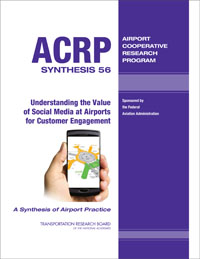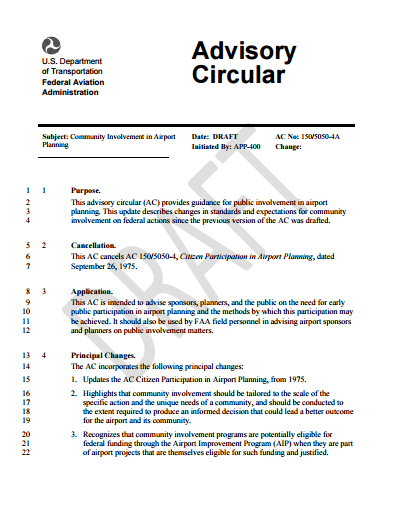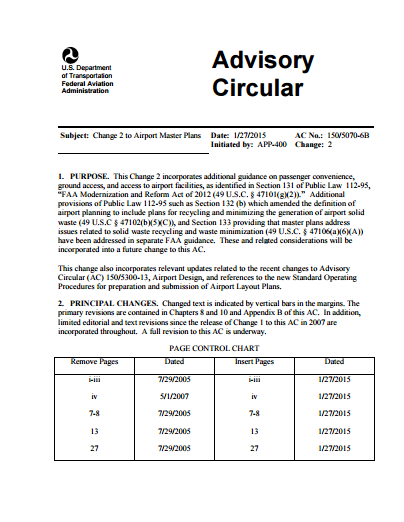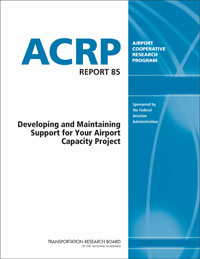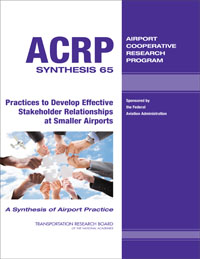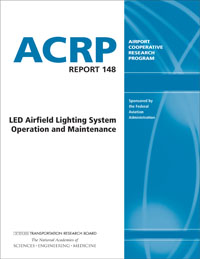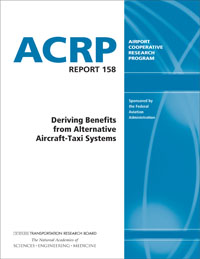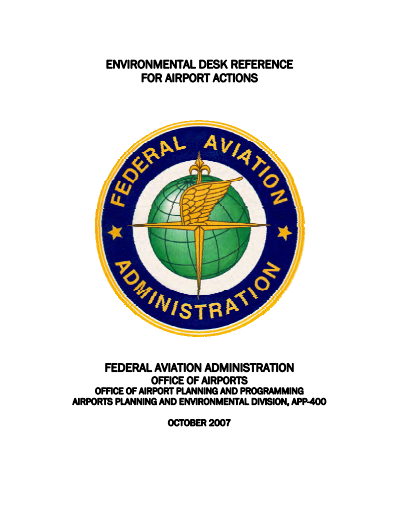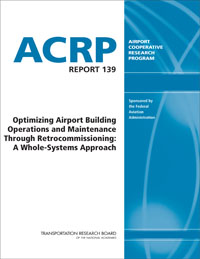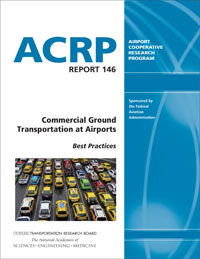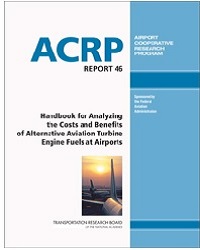ACRP Report 46: Handbook for Analyzing the Costs and Benefits of Alternative Aviation Turbine Engine Fuels at Airports
Abstract
ACRP Report 46 provides a handbook and analytical model that airport operators and fuel suppliers can use to evaluate the costs associated with introducing “drop-in” alternative turbine engine fuel at airports and the benefits as measured by reduced emissions. The analytical model also includes evaluation tools that take into account options for using alternative fuel for other airside equipment, including diesel-powered ground support equipment. Alternative fuels considered are an ultralow sulfur (ULS) jet fuel and synthetic paraffinic kerosenes (SPKs). SPKs include Fischer-Tropsch fuels and hydroprocessed renewable jet fuel created from feedstocks such as algae and palm oils. The analytical model, which is contained on an accompanying CD-ROM, is the Alternative Fuel Investigation Tool (AFIT). The report covers background analysis used in the formulation of the AFIT model, addresses characteristics of current fuel usage and distribution, and describes what is required to switch to alternatives. Also addressed in the report and incorporated in AFIT are critical environmental factors to be considered when calculating costs and environmental benefits. Environmental benefits are measured based on the degree to which use of alternative fuels can improve air quality within the airport boundaries. The handbook also includes a discussion of data requirements and sources of data required for use in the model.
